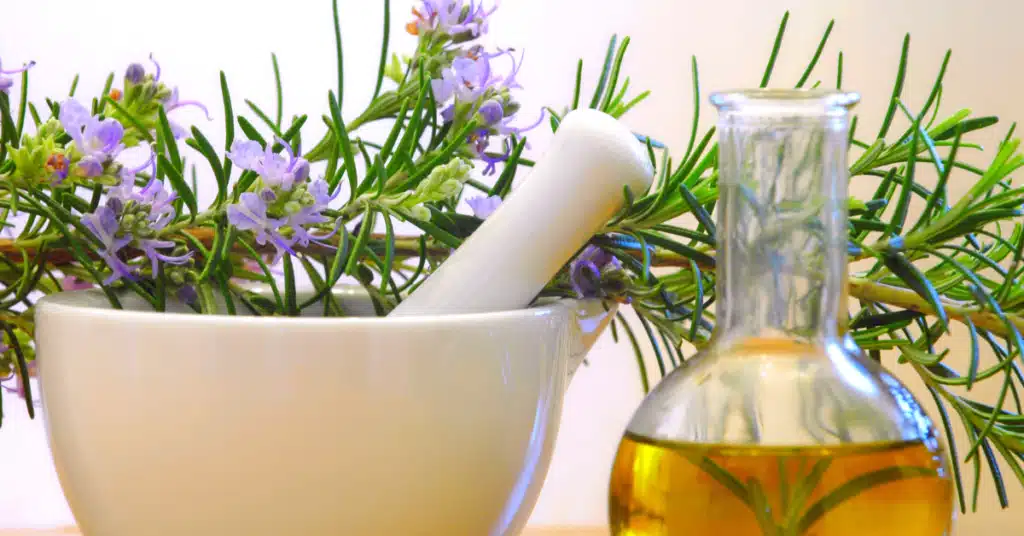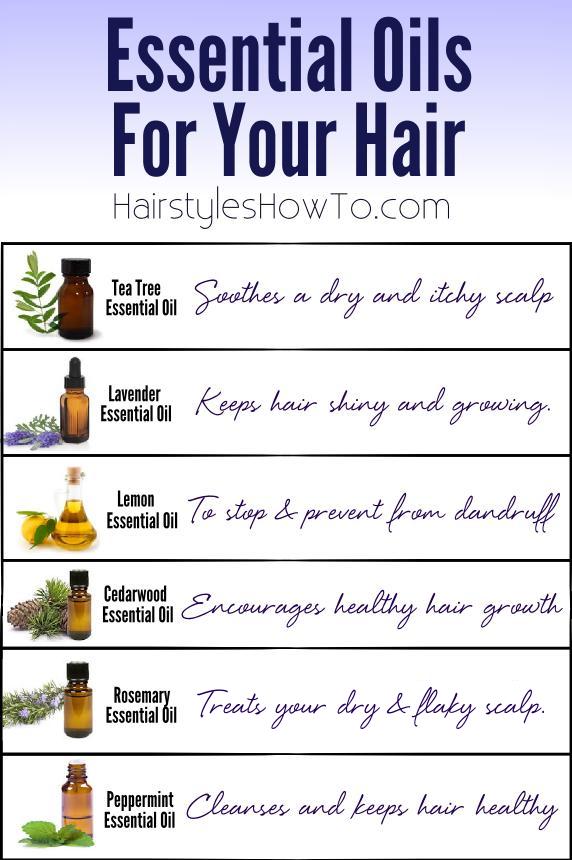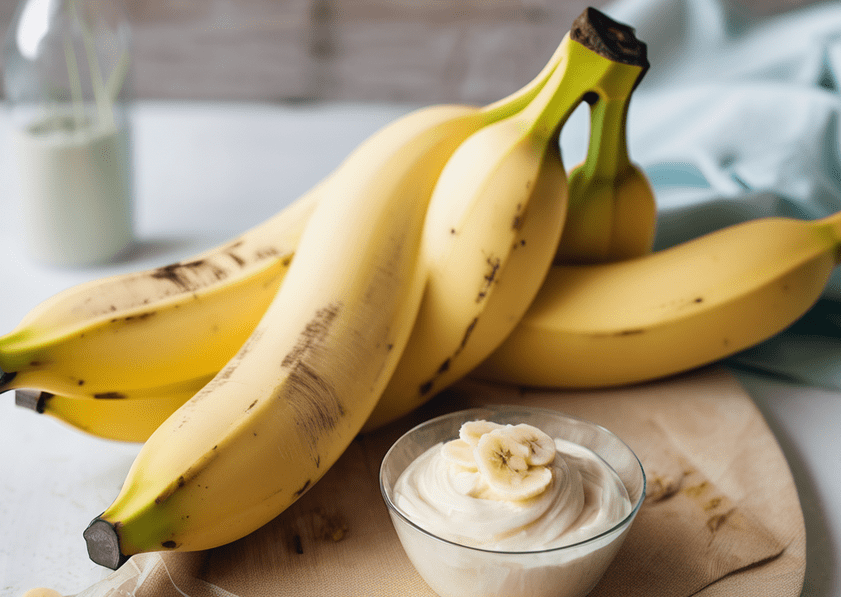The Best Natural Ingredients for Hair Care
Are you searching for ways to improve the health and appearance of your hair? Tired of harsh chemicals and disappointing results? At hairy.cartlab.web.id, we believe in the power of nature to nourish and revitalize your locks. This comprehensive guide explores the best natural ingredients for hair care, providing you with the knowledge to make informed choices and achieve your hair goals. We’ll delve into the science behind their effectiveness and offer practical tips for incorporating them into your routine. Say goodbye to damaged, dull hair and hello to luscious, healthy strands! We’re committed to helping you discover the natural beauty within your hair.
Many individuals struggle with common hair problems like dryness, breakage, dandruff, and lack of shine. These issues often stem from using harsh chemical-laden products, neglecting proper hair care routines, or simply not knowing which ingredients truly benefit their hair type. The good news is that nature offers a plethora of solutions, providing a gentler and often more effective approach to hair care than many commercial products. This article will empower you to take control of your hair health by understanding the potent benefits of natural ingredients.
This guide will provide you with a comprehensive understanding of the most effective natural ingredients for hair care, allowing you to create a personalized regimen tailored to your specific needs. We’ll explore the scientific evidence supporting their benefits and discuss how to incorporate them into your routine for optimal results. Remember, healthy hair starts with healthy habits, and choosing the right natural ingredients is a crucial step in that journey.

1. Oils: The Foundation of Healthy Hair

Oils are a cornerstone of natural hair care, offering deep conditioning and protection. Different oils cater to various hair types and concerns.
- Coconut Oil: Penetrates the hair shaft, reducing protein loss and improving hair strength. It’s particularly beneficial for dry, damaged hair. Studies have shown its effectiveness in reducing protein loss, making it an excellent choice for those prone to breakage. [1]
- Argan Oil: Rich in antioxidants and fatty acids, it adds shine, reduces frizz, and protects against damage from heat styling. Its moisturizing properties make it ideal for all hair types, especially those prone to dryness.
- Jojoba Oil: Closely resembles the sebum produced by our scalp, making it a fantastic moisturizer that balances oil production and prevents dryness. It’s suitable for all hair types, including oily hair, as it doesn’t weigh it down.
- Castor Oil: Known for its stimulating properties, it can promote hair growth and thicken hair strands. However, it’s thick, so it’s best used as a pre-shampoo treatment or diluted with lighter oils.
- Avocado Oil: A rich source of vitamins A, D, and E, it deeply nourishes and moisturizes the hair and scalp, promoting healthy growth.
How to Use: Apply a small amount of oil to your hair, focusing on the ends, and leave it in for at least 30 minutes before washing. For a deeper treatment, leave it overnight. You can also add a few drops to your conditioner for extra moisture.
2. Herbs: Nature’s Hair Tonic

Herbal infusions and extracts have been used for centuries to promote hair growth, strengthen strands, and improve scalp health.
- Rosemary: Stimulates hair follicles, improving blood circulation to the scalp and potentially promoting hair growth. Studies suggest it may be as effective as minoxidil in treating androgenetic alopecia. [2]
- Hibiscus: Rich in amino acids and antioxidants, it strengthens hair, adds shine, and helps prevent hair loss. It’s particularly beneficial for those with dry or damaged hair.
- Neem: Possesses antifungal and antibacterial properties, making it effective in treating dandruff and scalp infections. It also strengthens hair and promotes growth.
- Amla (Indian Gooseberry): A powerhouse of Vitamin C, it strengthens hair, prevents premature graying, and promotes hair growth. It’s often used in Ayurvedic hair treatments.
How to Use: You can create herbal hair rinses by steeping herbs in hot water. Allow the mixture to cool before using it as a final rinse after shampooing. You can also incorporate herbal powders into your hair masks.
3. Essential Oils: Aromatic Hair Care

Essential oils, while potent, should always be diluted before application to the hair and scalp. They offer a range of benefits, from promoting growth to soothing the scalp.
- Lavender: Soothes the scalp, reduces inflammation, and promotes relaxation. It’s also believed to improve sleep quality, which can indirectly benefit hair health.
- Tea Tree Oil: Possesses antifungal and antibacterial properties, making it effective in treating dandruff and other scalp conditions. However, use it diluted as it can be irritating for some.
- Peppermint Oil: Stimulates hair follicles and improves blood circulation to the scalp, potentially promoting hair growth. It also leaves hair feeling refreshed and invigorated.
- Rosemary Essential Oil: Similar to rosemary herb, the essential oil also stimulates hair growth and improves scalp circulation.
How to Use: Always dilute essential oils with a carrier oil like coconut or jojoba oil before applying them to your hair. A few drops in your carrier oil is usually sufficient. Never apply undiluted essential oils directly to the scalp. For more tips on daily hair care, check out our article on “The Best Daily Hair Care Tips for All Hair Types”. [hairy.cartlab.web.id/the-best-daily-hair-care-tips-for-all-hair-types]
4. Fruits and Vegetables: Nutritional Hair Boosters

Many fruits and vegetables contain essential vitamins and minerals that nourish the hair from the inside out. Incorporating them into your diet and using them topically can significantly improve hair health.
- Bananas: Rich in potassium and vitamins B6 and C, they moisturize and soften hair, reducing breakage and frizz. They can be used in hair masks for deep conditioning.
- Avocados: Packed with healthy fats and vitamins, they deeply condition and moisturize the hair and scalp. Similar to the oil, the fruit itself can be used in hair masks.
- Aloe Vera: Soothes the scalp, reduces inflammation, and promotes hair growth. Its gel can be applied directly to the scalp.
- Eggs: A great source of protein and biotin, essential for hair growth and strength. They can be used in hair masks to strengthen and condition hair.
How to Use: Many of these ingredients can be blended into hair masks for deep conditioning. For example, a banana and avocado mask is incredibly moisturizing. Aloe vera gel can be applied directly to the scalp. For stronger hair, consider reading our article on “The Best Protein Treatments for Stronger Hair”. [hairy.cartlab.web.id/the-best-protein-treatments-for-stronger-hair]
5. Other Natural Ingredients

Beyond the aforementioned ingredients, several others offer unique benefits for hair health.
- Honey: A natural humectant, it attracts and retains moisture, leaving hair soft and shiny. It also has antibacterial properties that can benefit the scalp.
- Apple Cider Vinegar: Balances the scalp’s pH, reduces dandruff, and adds shine. Use it as a final rinse after shampooing, diluted with water.
- Yogurt: Rich in protein and probiotics, it strengthens hair and improves scalp health. It can be used as a hair mask.
How to Use: Honey can be added to hair masks or used as a leave-in conditioner. Apple cider vinegar should be diluted with water before use as a final rinse. Yogurt can be applied as a hair mask and left on for 15-20 minutes before rinsing. For those with curly-haired children, exploring natural hair care is especially beneficial. Check out our guide on “Natural Curly Hair Ideas for Kids: A Complete Guide”. [hairy.cartlab.web.id/natural-curly-hair-ideas-for-kids-a-complete-guide]
Conclusion:
Choosing the best natural ingredients for hair care is a journey of discovery, tailored to your individual hair type and needs. By understanding the unique properties of each ingredient and incorporating them into a consistent routine, you can unlock the natural beauty and health of your hair. Remember to always perform a patch test before applying any new ingredient to your entire scalp or hair to check for any allergic reactions. For a more detailed exploration of specific natural ingredients and their applications, visit our dedicated page: The Best Natural Ingredients for Hair Care.
[1] [Insert relevant scientific study link on coconut oil and hair protein loss here] [2] [Insert relevant scientific study link on rosemary and hair growth here] [3] [Insert relevant scientific study link on another relevant topic here]









Comments